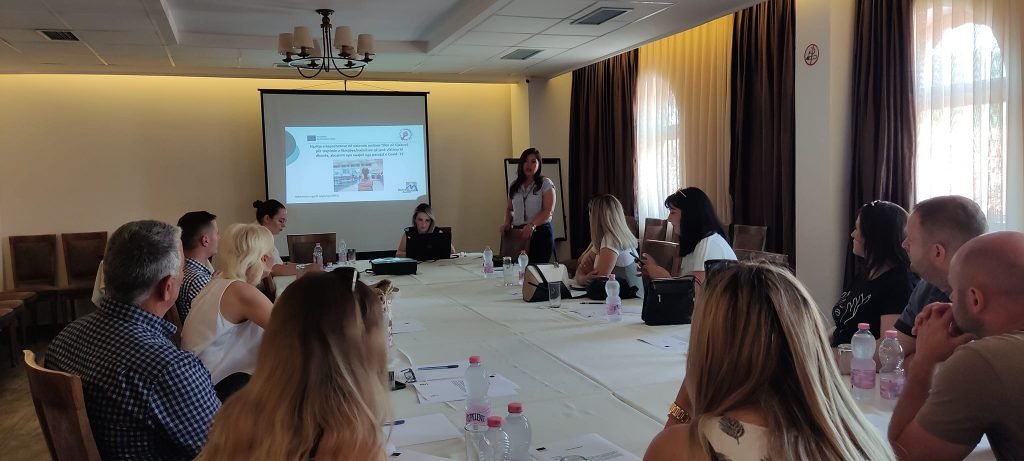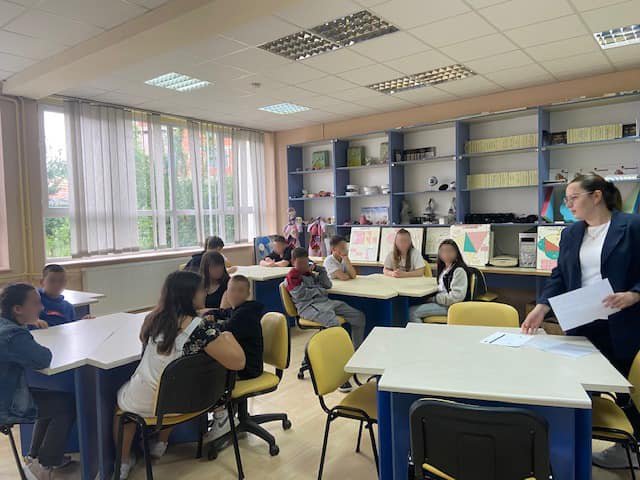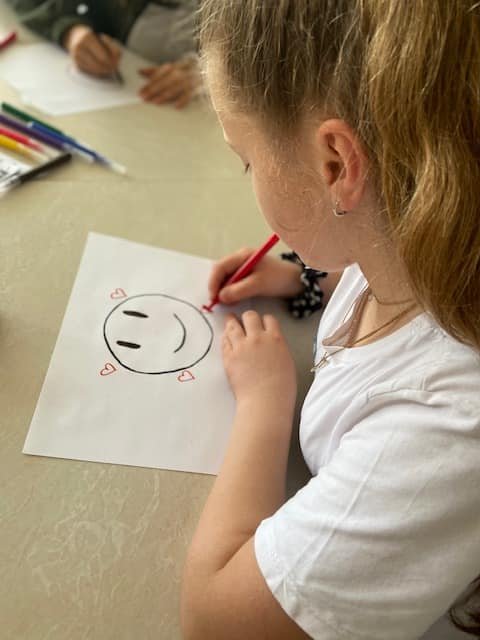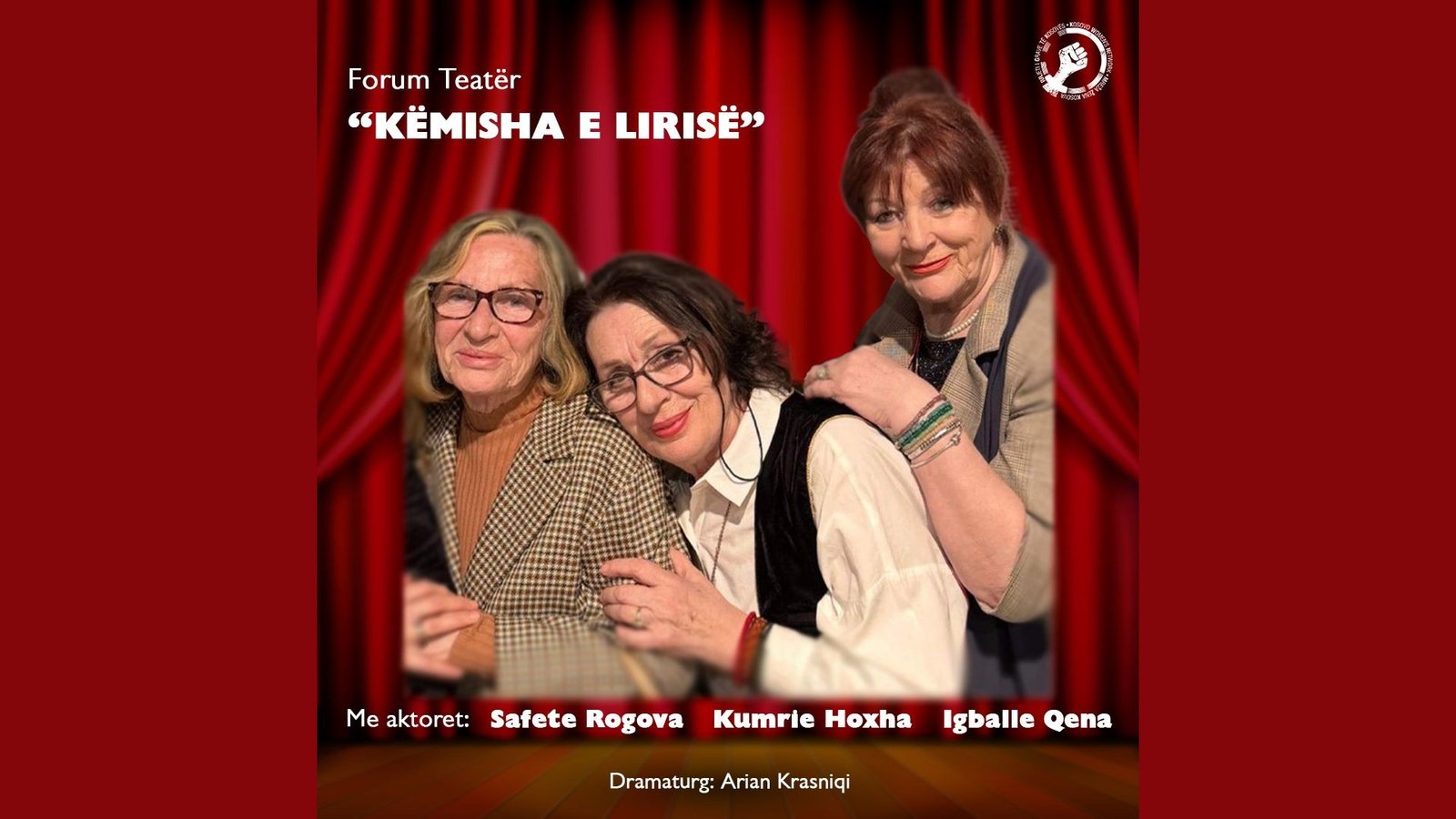On 8 July, Kosovo Women’s Network (KWN) member organisation Medica Kosova finished training primary school teachers in the municipality of Gjakova. Activists organised this training as part of their initiative “Capacity building in the primary education system in Gjakova for treating children/students who are victims of violence, abuse or suffer from the consequences of COVID-19”.
Their initiative aims to identify children who have experienced violence, abuse or trauma during the pandemic-related isolation measures. They have provided training to school principals, officials of the Directorate of Education and parents on how to identify signs of violence, to communicate with children with trauma and appropriate procedures for reporting it. This included six meetings with principals of six schools.

Medica Kosova also has taught students how to manage their emotions, communicate, improve their self-esteem, stimulate fantasy and improve their concentration skills.
Medica Kosova has worked closely with the Directorate of Education, which granted permission for this work. In close collaboration with the principals of six schools, Medica carefully selected children who needed extra support.
According to Arbnore Shehu-Bunjaku, Medica’s lawyer, this included: –“children who are more hyperactive”.
Then, the Medica’s psychologist organised activities with these children for two weeks.
“She visits schools every day, and, for an hour and a half, she holds activities,” Shehu Bunjaku continued.

Medica Kosova’s psychologist, Fatjona Karakushi, explained that the activities include art, music and drama therapy.
“The sessions have already started, and they are showing good results,” she said. Children are becoming more relaxed. There are children who have become much more outgoing; children who overcame their anxiety by speaking in front of an audience; [and who] became much more social. Through art therapy activities, they have started to respect, draw and express their own emotions. They have learned how to empathise with each other, respect others when they are experiencing any [particular] emotions or a feeling that one needs to share with someone,” said Karakushi.

This initiative has received support from the Kosovo Women’s Fund, financed by the European Union Office in Kosovo through KWN initiative: “Enhancing the Capacities and Resilience of CSOs: Furthering Gender Equality amid the COVID-19 Pandemic”.
If you want to support KWN and its member organisations’ future work, including to support children who have suffered violence, improve the educational system’s ability to support children and KWN’s general work to improve teaching so that it transforms traditional gender norms and relations within schools, you can donate to KWN at https://womensnetwork.org/donate/.




